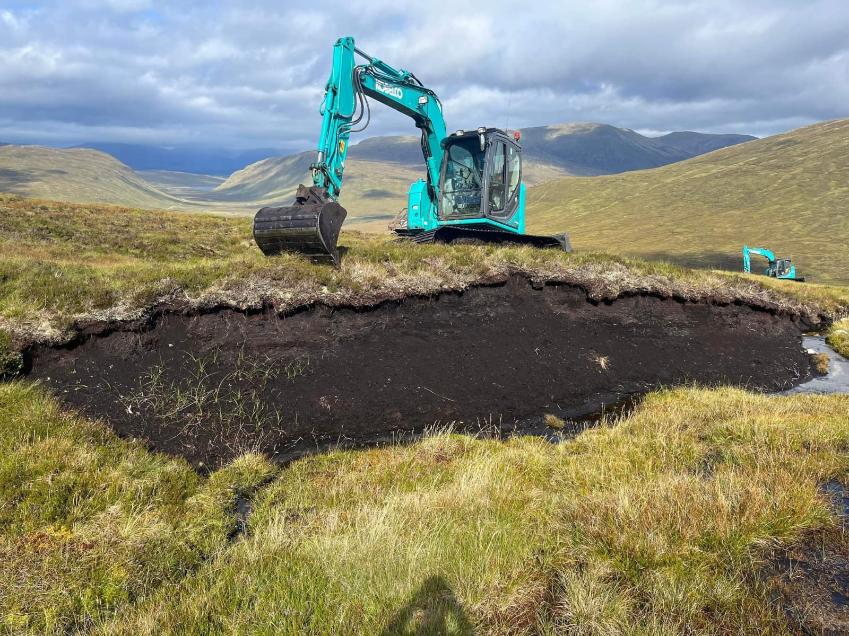Short course - Frameworks for Landscape Restoration
Frameworks for Landscape Restoration will develop your knowledge of the policies, frameworks and drivers for restoration in the UK, and the different mechanisms to support design and delivery of landscape restoration. Using a real-world location affording multiple restoration opportunities, you will explore the decision-making process to decide upon and implement a restoration project. In small groups, you will present a business plan of your preferred restoration, and the potential mechanisms to support your project.
Small group taught sessions will take place online, at our Ambleside campus and at field locations nearby.
The course has an applied focus and is designed for land agents land managers and advisors. It can be studied separately or as part of our set of Upland Environmental Land Management short courses.
To receive an email alert when we next offer this course, please register your email address here
Sponsor Enquiries

Course Overview
There are many policy, planning and practice drivers encouraging the restoration of landscapes in the UK. This module steps back and asks the key questions “What is landscape restoration?” and “Why undertake landscape restoration?” and “What are the mechanisms” whilst developing your understanding of optimal implementation.
You will identify and examine pertinent policies, strategies and guidance in all 4 nations, recognising the variations and opportunities they afford in landscape restoration. You will undertake field analysis of site opportunities, key partners and barriers, linking policies to place. You will develop a ‘business plan’ approach to identify the most appropriate landscape restoration scheme to implement, and the policy frameworks to fund and deliver the intended outcomes.
The course includes site visits, workshops and seminars at our Ambleside campus, plus online evening lectures. This part-time course will often be possible to complete whilst working.
On this course you will...
- Gain a wider understanding of the different policies and schemes to support landscape restoration across the UK and devolved nations.
- Appreciate the different interpretations and opportunities for landscape restoration in the UK, and evaluate their strengths and limitations.
- Recognise the different drivers and outcomes of landscape restoration (carbon optimisation, biodiversity net gain, ecosystem services, social and economic benefits)
- Understand how to link different policies, strategies and guidance to real landscapes, and to develop a pathway to making optimal landscape restoration choices.
Location
Ambleside Campus
Nestled in the Lake District National Park, a UNESCO World Heritage site, the Ambleside campus is the perfect place for world-savers, animal lovers, and adventurers. There is never a dull moment when surrounded by such natural beauty and opportunity.
Find out more
Find out more about studying with us
Attend an Open Day at Cumbria
An Open Day is your opportunity to explore one of 5 campuses, meet your lecturers, and find out how the University of Cumbria could become your new home.






